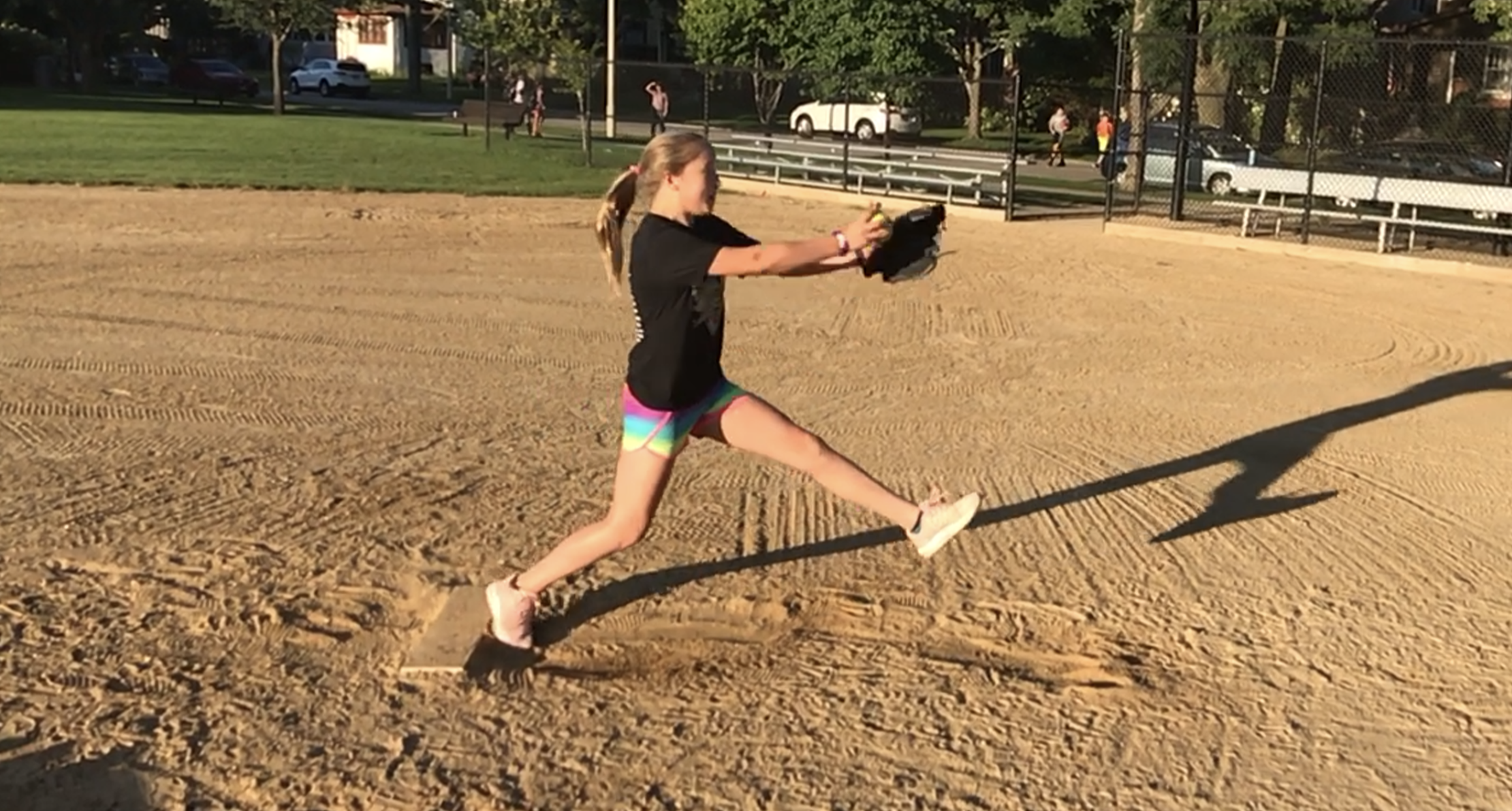Pitching: The Good, the Bad, and the Ugly
/*As published in Fastpitch Magazine February 2020
I stood on the mound my sophomore year in college as the opposing team cheered in the dugout. The hitter looked confident strutting up to the batter's box. She took extra time to knock the dirt off of her cleats before she put the bat up to her shoulder. Then she settled in and stared me in the eye. I stood up taller, followed my pre-pitch routine, and delivered my blazing fast curve ball right towards the - “BALL ONE!” Okay, no problem. I beared down, focused on my catcher’s mitt and fired again. “BALL TWO!” Although two balls in a row were not ideal, it is nothing that any good pitcher can not handle. When the next two pitches buzzed in as “BALL THREE!” and “BALL FOUR!” the cheers from the opposing dugout resounded even louder. As the good Brian Cain says, “So what, next pitch,” that saying formulated then in my brain.
Read More




















